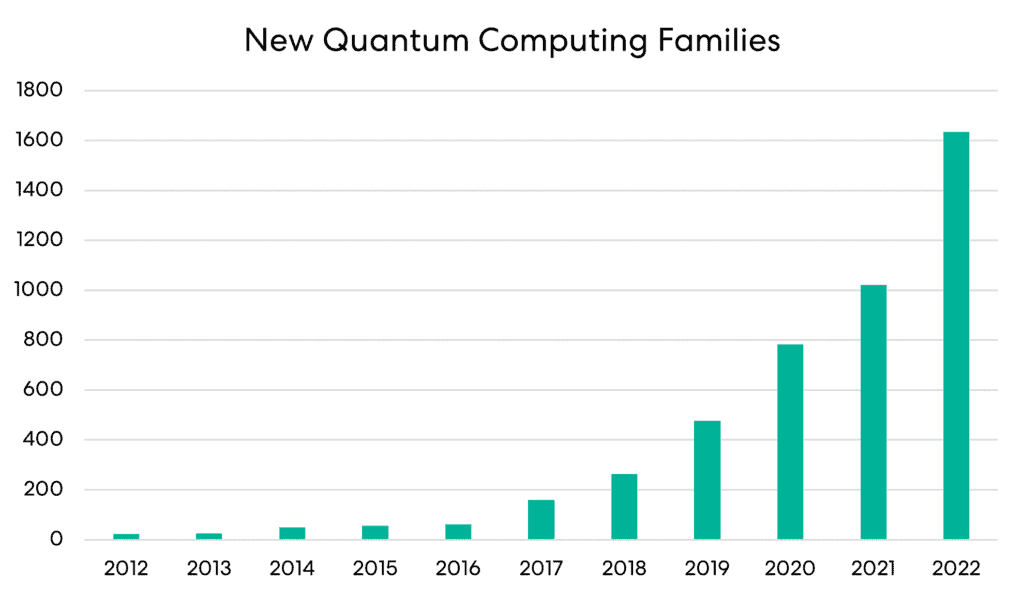

Navigating Quantum Computing: Patent Law Insights
Quantum computing stands at the forefront of technological innovation, promising unprecedented advancements in computational power and problem-solving capabilities. As this cutting-edge field continues to evolve, the intersection with patent law becomes increasingly crucial for protecting intellectual property. In this article, we delve into the intricate relationship between quantum computing and patent law, exploring key insights and considerations for innovators in this dynamic landscape.
The Quantum Computing Landscape
In the realm of quantum computing, researchers and companies are pushing the boundaries of classical computing, leveraging the principles of quantum mechanics to perform complex calculations at speeds previously thought impossible. Quantum bits, or qubits, exhibit unique properties that allow them to exist in multiple states simultaneously, enabling quantum computers to process vast amounts of data in parallel.
Patenting Quantum Innovations
As quantum computing breakthroughs become more frequent, the importance of securing intellectual property rights through patents becomes paramount. Innovators in the quantum realm are racing to protect their novel algorithms, hardware designs, and applications. Patent offices around the world are grappling with the challenge of adapting traditional patent frameworks to accommodate the nuances of quantum inventions.
Challenges in Quantum Patenting
The field of quantum computing presents unique challenges for patent law. Unlike traditional computers, quantum computers operate on principles that may not align with existing patent classifications and criteria. Defining the scope of quantum patents and ensuring their enforceability poses challenges that patent offices and legal experts are actively addressing.
International Perspectives on Quantum Patents
Given the global nature of quantum research and development, navigating international patent laws becomes a critical aspect of protecting quantum innovations. Harmonizing patent standards across jurisdictions and addressing issues such as prior art recognition and novelty requirements are central to fostering a collaborative and innovative quantum ecosystem.
Emerging Trends in Quantum Patent Litigation
As the quantum computing landscape matures, patent litigation is on the rise. Disputes over ownership of quantum algorithms, infringement claims, and challenges to the validity of quantum patents are becoming more prevalent. Legal professionals specializing in patent law find themselves at the forefront of resolving complex disputes in this rapidly evolving field.
Quantum Computing and Patent Law: A Symbiotic Relationship
The synergy between quantum computing and patent law is evident in the reciprocal influence each exerts on the other. Quantum computing relies on robust patent protection to incentivize continued innovation, while patent law evolves to accommodate the unique challenges posed by quantum inventions. This symbiotic relationship is shaping the future of both fields.
Navigating the Quantum Patent Landscape
For those navigating the quantum patent landscape, staying informed about the latest developments and legal considerations is essential. Engaging with patent offices, industry forums, and legal experts specializing in quantum computing can provide invaluable insights and guidance. As the quantum ecosystem continues to expand, a proactive approach to patent strategy will be instrumental in securing a competitive edge.
In conclusion, the intersection of quantum computing and patent law marks a fascinating and complex frontier in the realm of technological innovation. Innovators, legal professionals, and policymakers must collaboratively address the challenges and opportunities presented by this transformative technology to foster a vibrant and sustainable quantum future.
For more information on Quantum Computing and Patent Law, visit Star Mountain Resources.





